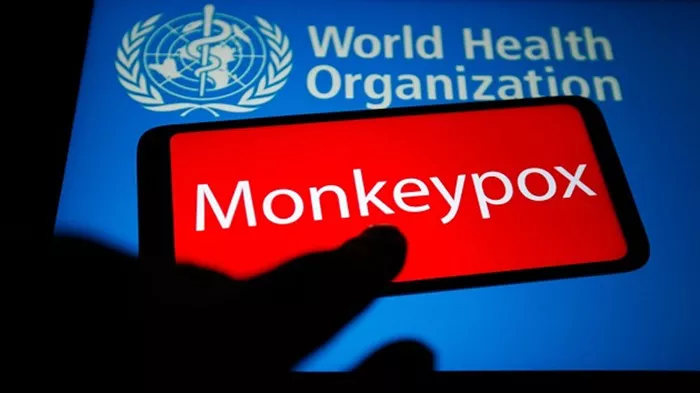The World Health Organization (WHO) has declared the mpox outbreak in the Democratic Republic of the Congo (DRC) and other African countries a Public Health Emergency of International Concern (PHEIC). This declaration was made by WHO Director-General Dr. Tedros Adhanom Ghebreyesus following the recommendation of an Emergency Committee of independent experts, who reviewed data from WHO and affected regions.
The Committee emphasized that the upsurge of mpox, particularly in eastern DRC, and its spread to neighboring countries pose a significant international threat. Dr. Tedros will release the Committee’s report and issue temporary recommendations to help countries manage and contain the outbreak.
“The emergence of a new clade of mpox, its rapid spread in eastern DRC, and cases reported in neighboring countries are alarming,” stated Dr. Tedros. “Given the concurrent outbreaks of other mpox clades in Africa, a coordinated global response is crucial to prevent further spread and save lives.”
Dr. Matshidiso Moeti, WHO Regional Director for Africa, highlighted the ongoing efforts to combat the virus. “We are working closely with communities and governments to strengthen measures against mpox. As the virus continues to spread, we are scaling up our international response to support affected countries in ending these outbreaks,” she said.
Professor Dimie Ogoina, Chair of the Emergency Committee, stressed the global implications of the outbreak. “The current surge of mpox in Africa, alongside a new sexually transmissible strain of the monkeypox virus, is not just a regional issue—it is a global emergency. Mpox has long been neglected in Africa, and the 2022 global outbreak showed us the consequences of inaction. We must act now to avoid repeating history.”
This declaration marks the second PHEIC related to mpox in two years. Mpox, caused by an Orthopoxvirus, was first identified in humans in the DRC in 1970 and is endemic to central and west Africa. The first PHEIC for mpox was declared in July 2022 during a multi-country outbreak linked to sexual transmission, which was later declared over in May 2023 following a significant decline in global cases.
In the DRC, mpox cases have been rising for over a decade, with last year’s numbers showing a marked increase. This year, reported cases have already surpassed last year’s total, with more than 15,600 cases and 537 deaths. The emergence of a new strain, clade 1b, which is primarily spreading through sexual networks, and its detection in neighboring countries, has raised significant concerns and was a key factor in the PHEIC declaration.
In the past month, over 100 laboratory-confirmed cases of clade 1b have been reported in four countries neighboring the DRC—Burundi, Kenya, Rwanda, and Uganda—that had not previously reported mpox. Experts believe the actual number of cases could be much higher due to underreporting and limited testing.
Multiple outbreaks of different mpox clades have been reported across various countries, with varying modes of transmission and associated risks.
WHO currently recommends two vaccines for mpox, endorsed by its Strategic Advisory Group of Experts on Immunization. These vaccines are also approved by WHO-listed national regulatory authorities and individual countries, including Nigeria and the DRC.
To expedite vaccine access for lower-income countries, the WHO Director-General has initiated the Emergency Use Listing process for mpox vaccines. This move will facilitate faster approval and procurement of vaccines by organizations such as Gavi and UNICEF, ensuring equitable distribution.
WHO is collaborating with countries and vaccine manufacturers on potential vaccine donations and coordinating with partners through the interim Medical Countermeasures Network to ensure access to vaccines, therapeutics, diagnostics, and other essential tools.
An immediate funding requirement of $15 million has been identified to support surveillance, preparedness, and response activities. To meet this need, WHO has already released $1.45 million from its Contingency Fund for Emergencies and may release additional funds as needed. The organization is appealing to donors to fully fund the mpox response.
[inline_related_posts title=”You Might Be Interested In” title_align=”left” style=”list” number=”6″ align=”none” ids=”11400,11343,11347″ by=”categories” orderby=”rand” order=”DESC” hide_thumb=”no” thumb_right=”no” views=”no” date=”yes” grid_columns=”2″ post_type=”” tax=””]

































